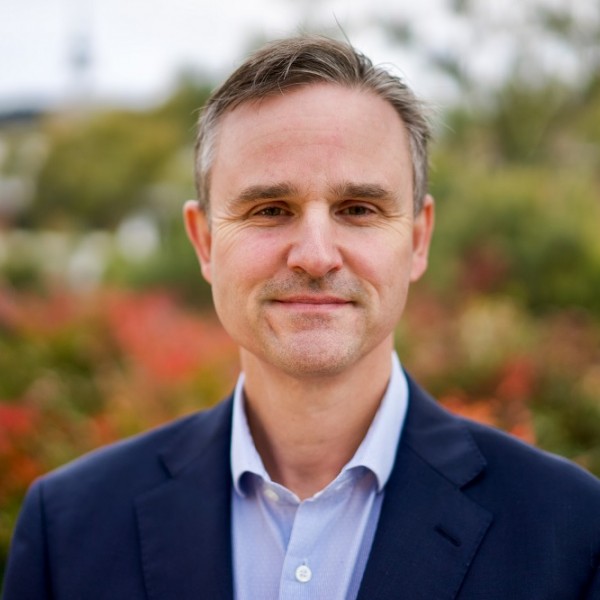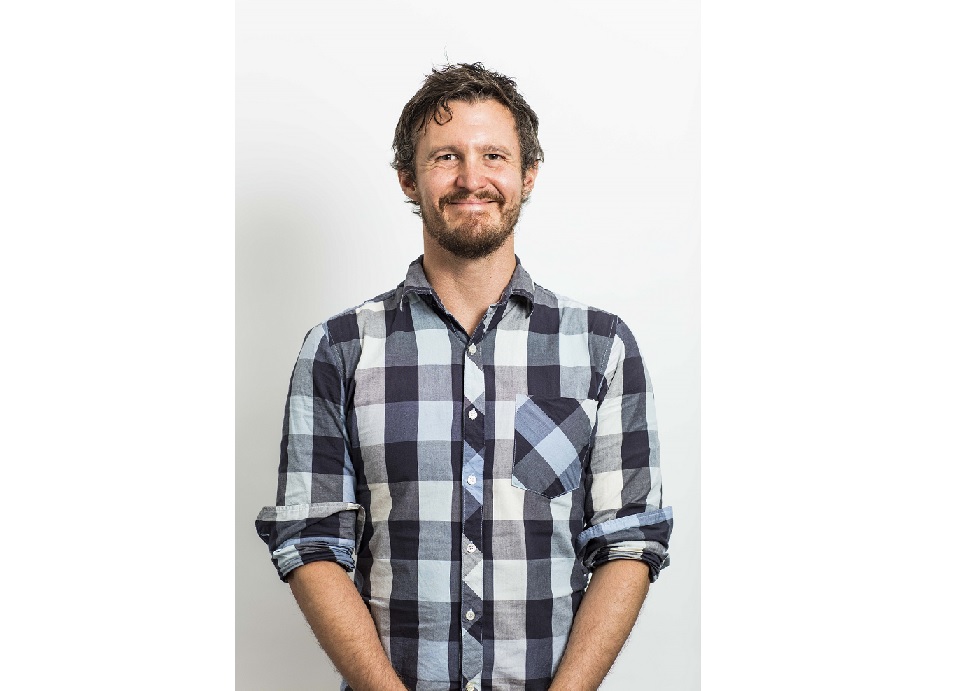The next frontier for tackling depression

One of the largest causes of disability in Australia, and worldwide, is depression.
Since the 1950s, the first line of treatment for depression has been antidepressant medication coupled with psychotherapy.
However, approximately two-thirds of people with depression don’t respond to their first medication and, unfortunately, the likelihood of response dramatically lessens with each subsequent antidepressant.
Now, a team of researchers from the Australian National University (ANU) are about to commence clinical trials to optimise the next line of treatment for depression and other mental health issues - brain stimulation therapies, and novel psychopharmacology therapies.

The team* – led by Professor Paul Fitzgerald, Director of the ANU School of Medicine and Psychology and closely supported by Associate Professor Bernadette Fitzgibbon (who will manage the clinical trials across Victoria, New South Wales and Queensland) and Dr Neil Bailey a senior research fellow – are looking to optimise the outcomes for Transcranial Magnetic Stimulation (TMS).

TMS involves a patient being treated with an electromagnetic coil (usually applied like a helmet or cap) that stimulates certain areas of the brain through the scalp. The magnetic field changes the underlying activity in the brain. It is non-invasive, making it a great next step treatment for those resistant to antidepressants.
Importantly, towards the end of 2021, TMS was added to the Medicare rebate schedule for severe depression, making it an accessible treatment for many more people.
“Although it’s perhaps not as well-known as antidepressants and Electro Convulsive Therapy (ECT), TMS is an increasingly used treatment for depression,” Associate Professor Fitzgibbon explained.
“It has several decades of research behind it and it is highly effective. About 50% of people who don’t respond to antidepressants respond to TMS, which is significant.” Associate Professor Fitzgibbon added.
“We’re aiming to make that 50% response rate even higher by examining the number of pulses from the magnetic stimulation delivered to the brain, assessing the number of treatments needed, and considering the location of the treatment on the brain.”
The other arm of research being undertaken by the team is focussed on the use of novel psychopharmacology. Specifically, medications usually described as psychedelic agents, such as psilocybin and MDMA, for the treatment of various health problems, including depression and obsessive compulsive disorder. The application of these agents is integrated with specific forms of psychotherapy in a process referred to as psychedelic assisted psychotherapy.
“Research into the use of psychedelic based psychopharmacology to treat mental ill health is starting to gain pace but there is still a lot of research to be undertaken before any substances are broadly available,” Associate Professor Fitzgibbon advised.
“Our aim is to determine which of these agents works best for which mental health disorder, and understand which psychotherapy model will best support the pharmacology protocol. For example, is the use of psylocibin better than MDMA for treating OCD?”
Associate Professor Fitzgibbon continued, “Thanks to funding from Mind Medicine Australia we will be commencing two research projects that will test the effects of psychedelics.”
The first of the trials will look at the effects of a single dose of psilocybin or MDMA in people who don’t have a mental illness but do have training in psychedelic assisted therapy or psychological therapy.
“Undertaking psychedelic treatment in a one-to-one situation is expensive, making it an unattainable treatment for many. If we can show that psychedelic group therapy is a safe alternative this may open the door to making treatment much more accessible.”
“We’d also like to understand if therapeutic competency - by experiencing the effects of the substance - can enhance the therapists’ ability to support a patient undertaking psychedelic assisted therapy,” Associate Professor Fitzgibbon added.
A second research project will look at whether psilocybin or MDMA can be used for treating people with obsessive compulsive disorder and consider which form of psychotherapy will work best with the medication.
The team also have a trial, funded by the Medical Research Futures Fund, investigating the use of psilocybin in depression which they hope to commence in several months' time.
As research in the area of psychedelic assisted psychotherapy continues to grow, Associate Professor Fitzgibbon advised that ANU will be focussed on ensuring the efficacy and optimisation of these treatments through gold standard research.
*The ANU team includes:
- Prabhavi Perera, Research Fellow
- Stephanie Gotsis, Research Fellow
- Samantha Webb, Study Co-ordinator
- Gemma Lamp, Study Co-ordinator
- Jillian Bethwaite, Study Co-ordinator
- Caitlynn Ashton, Research Assistant
- Kirsten Gainsford, Research Assistant
- Jessica Michael, Research Assistant
- Brienna Allman, Research Assistant
- Rosana Frietas, PhD Scholar
- Jessica Michael, Research Assistant
